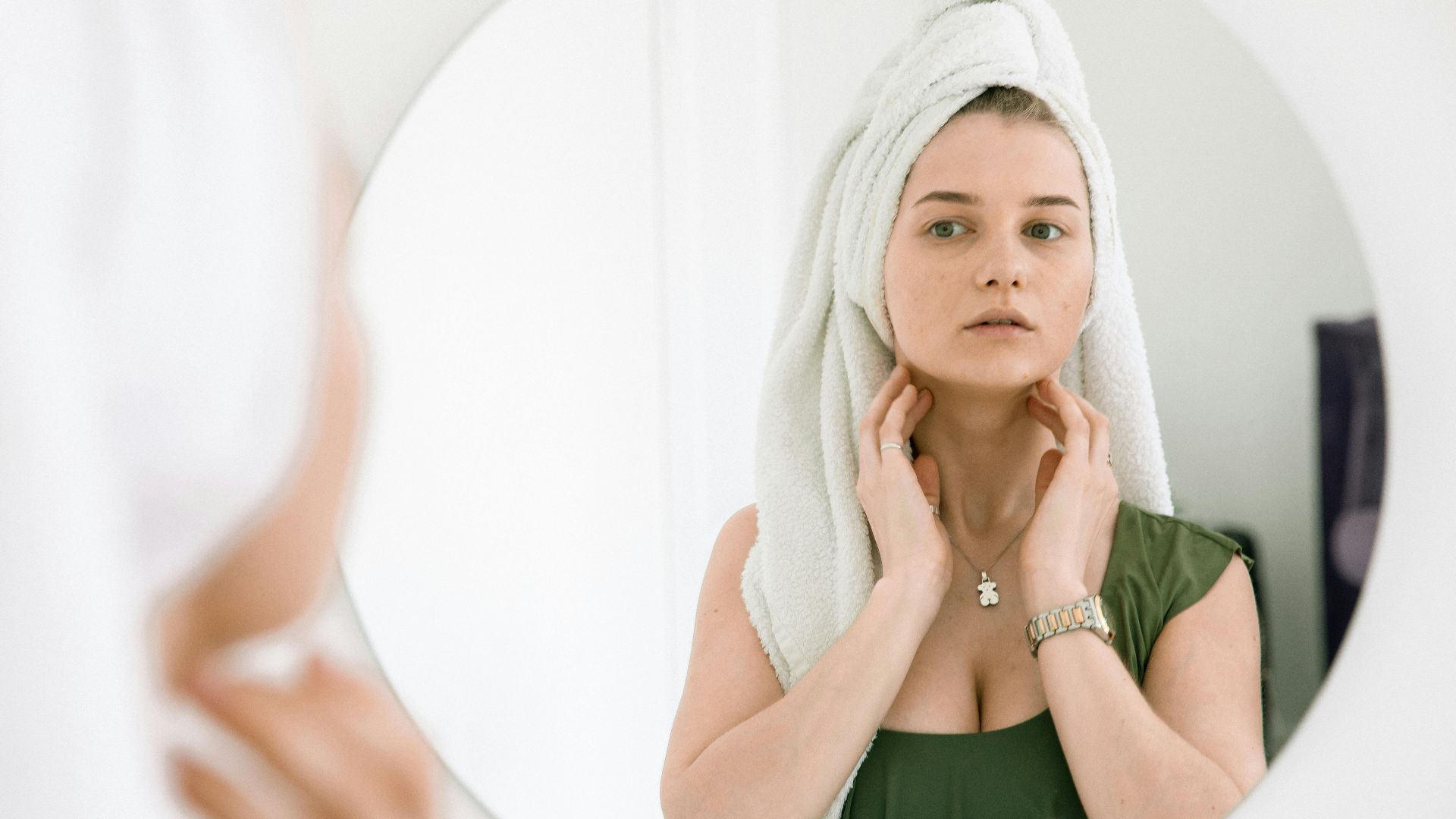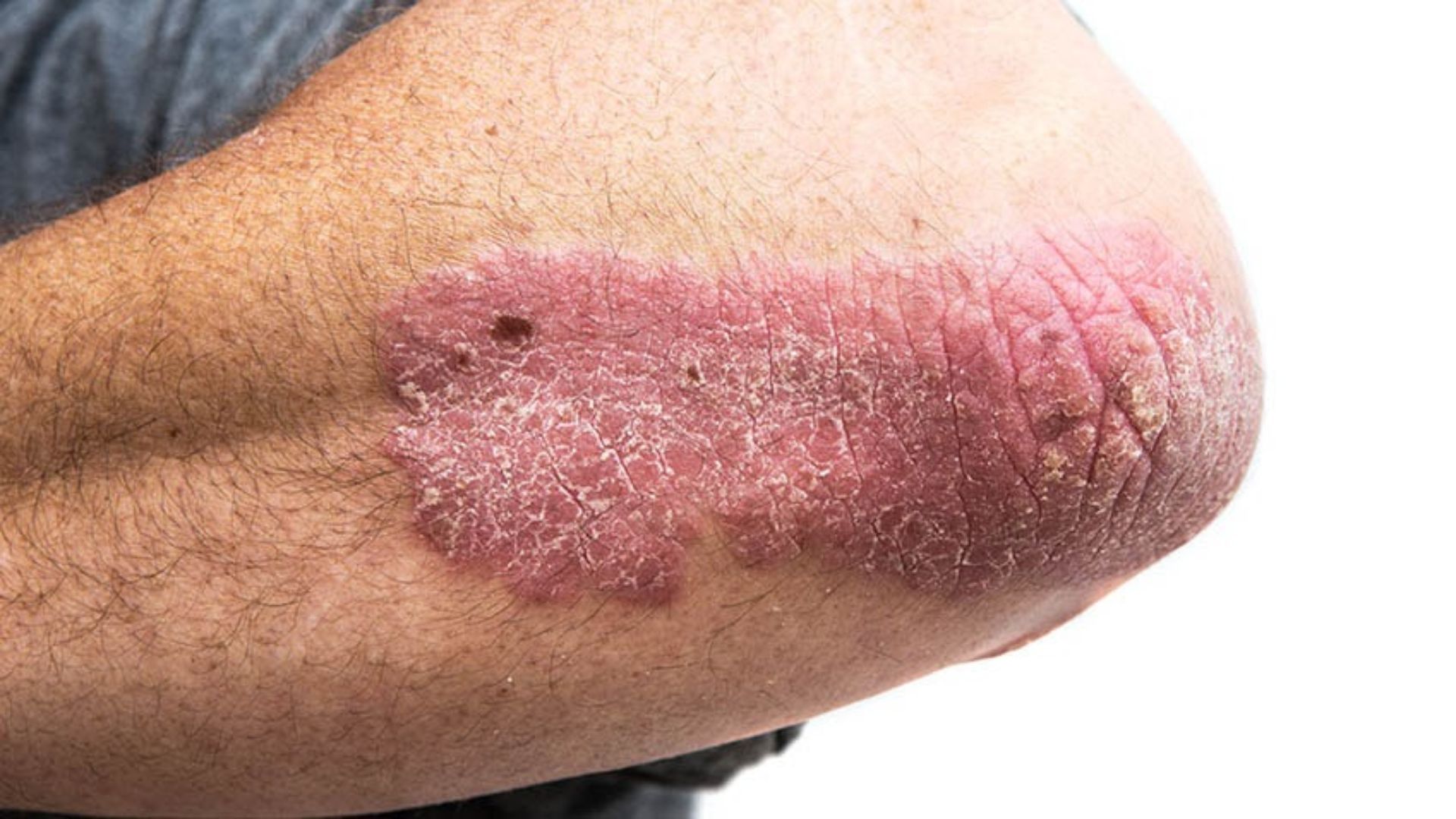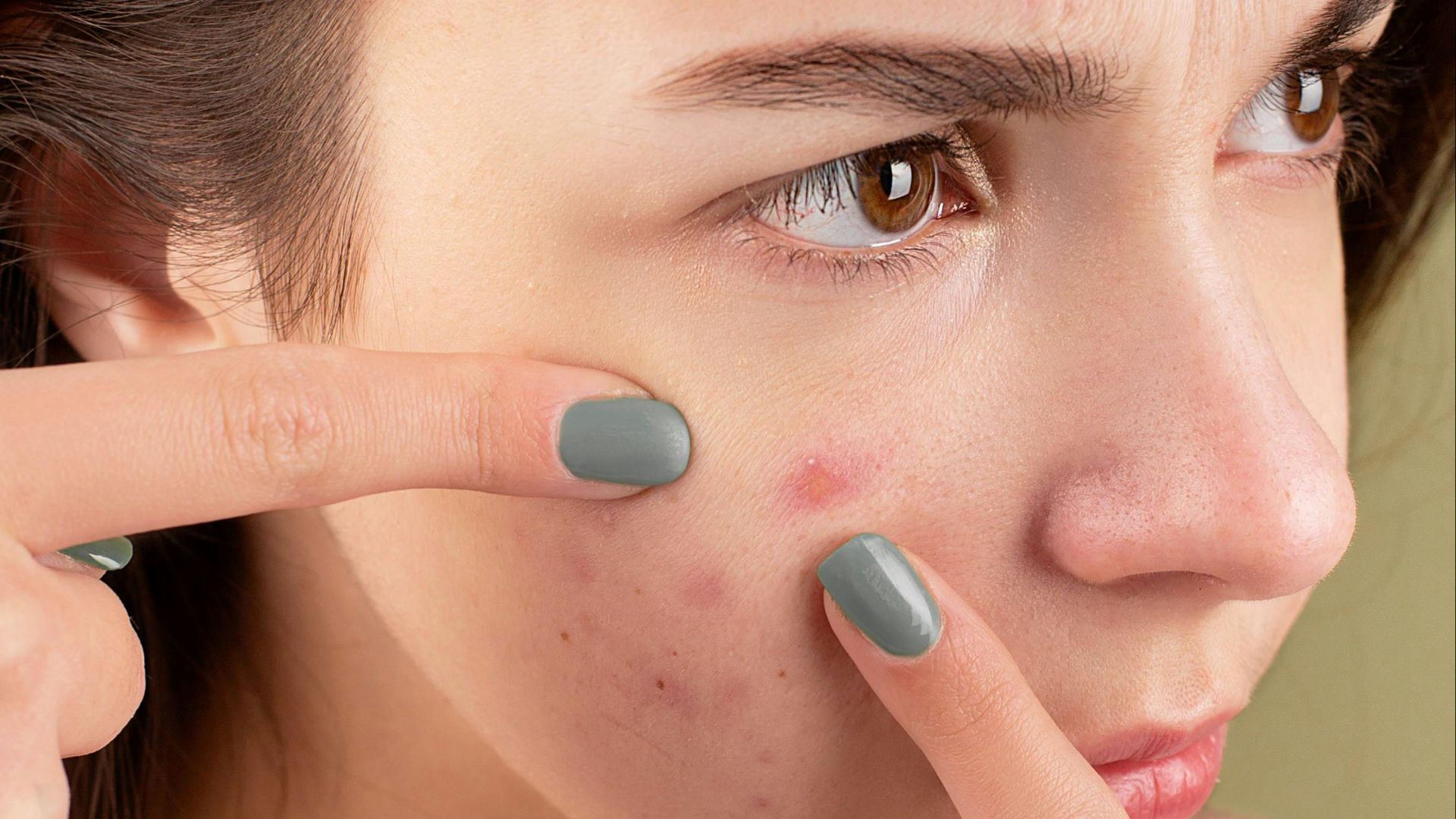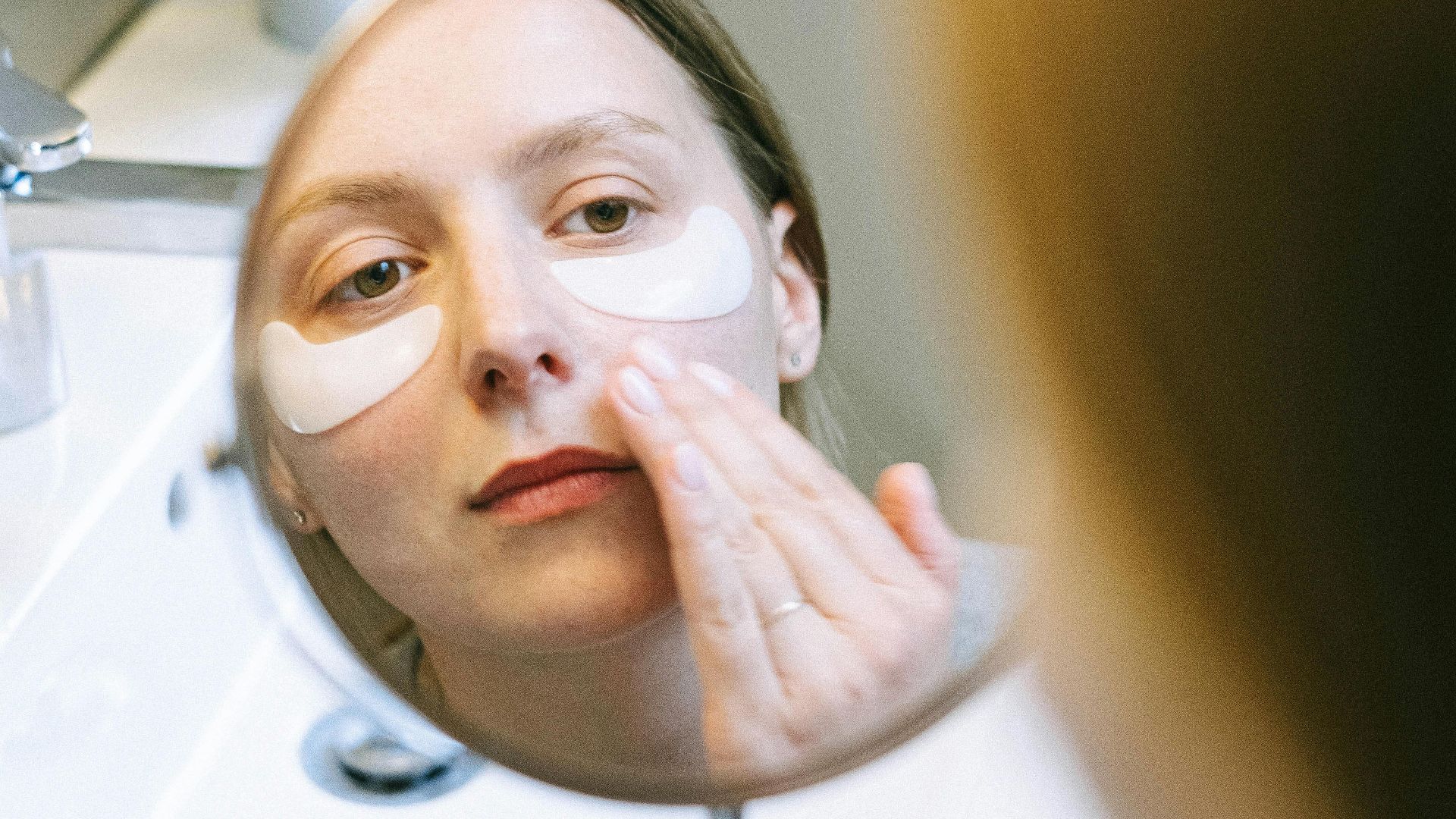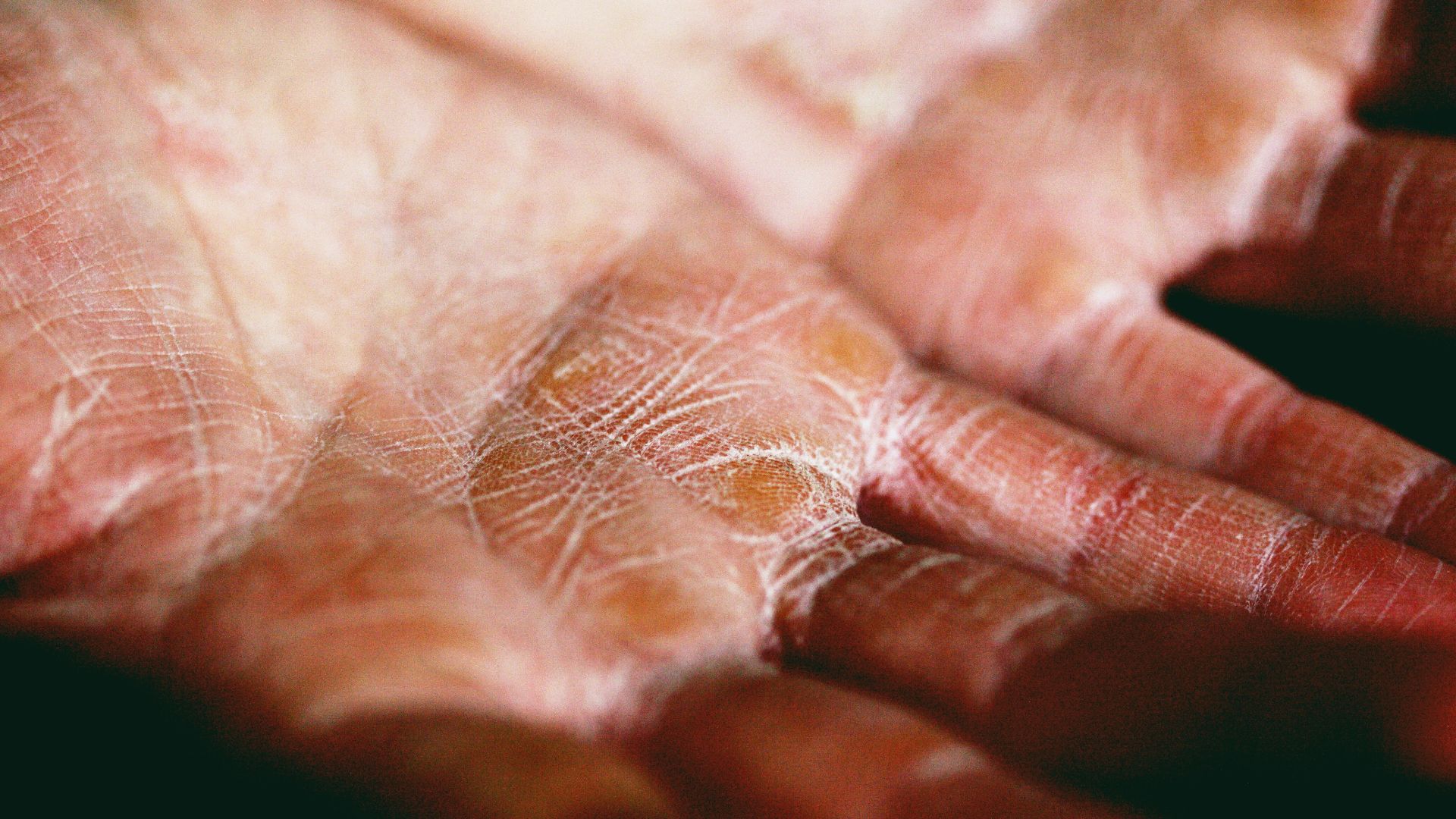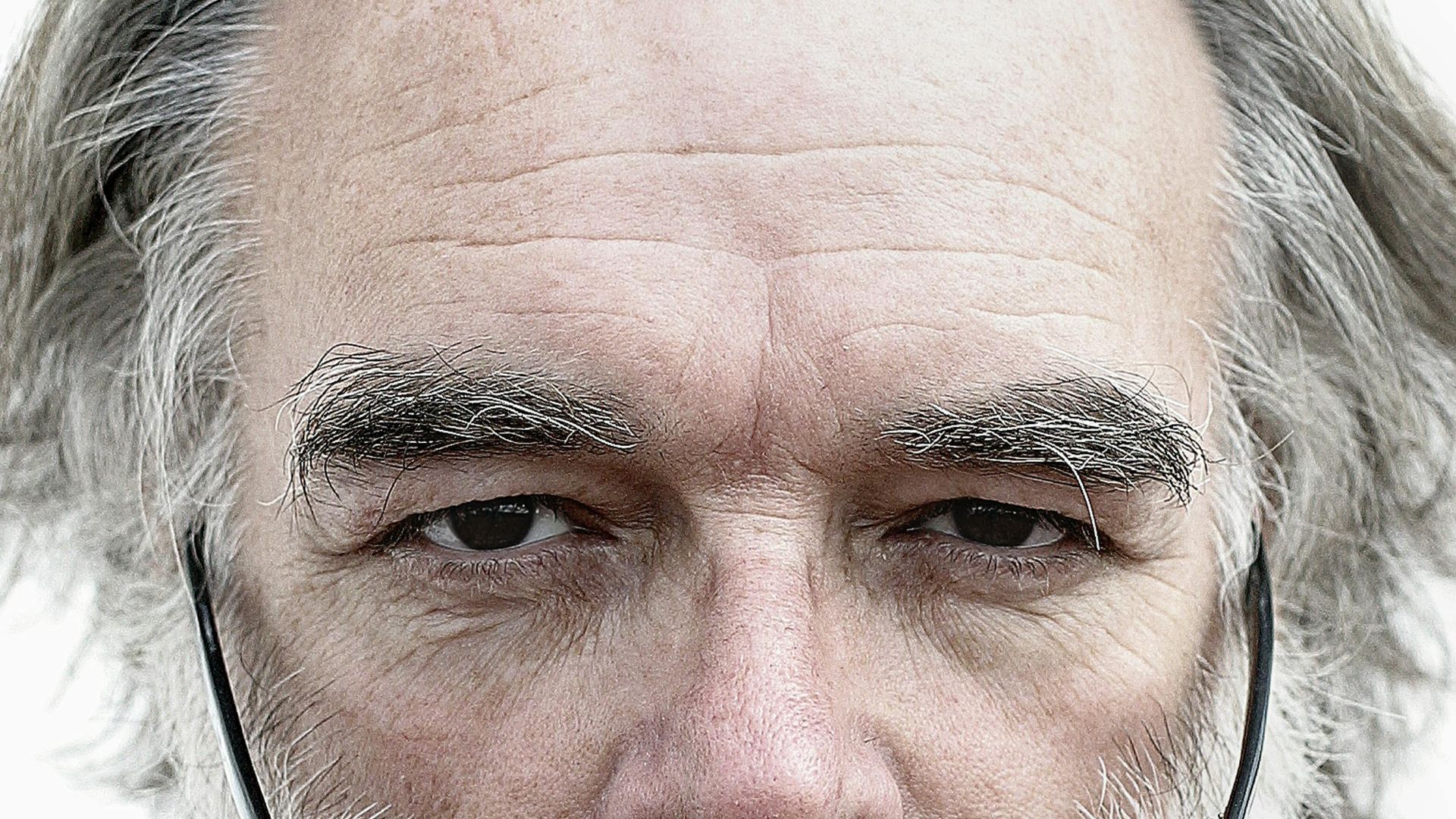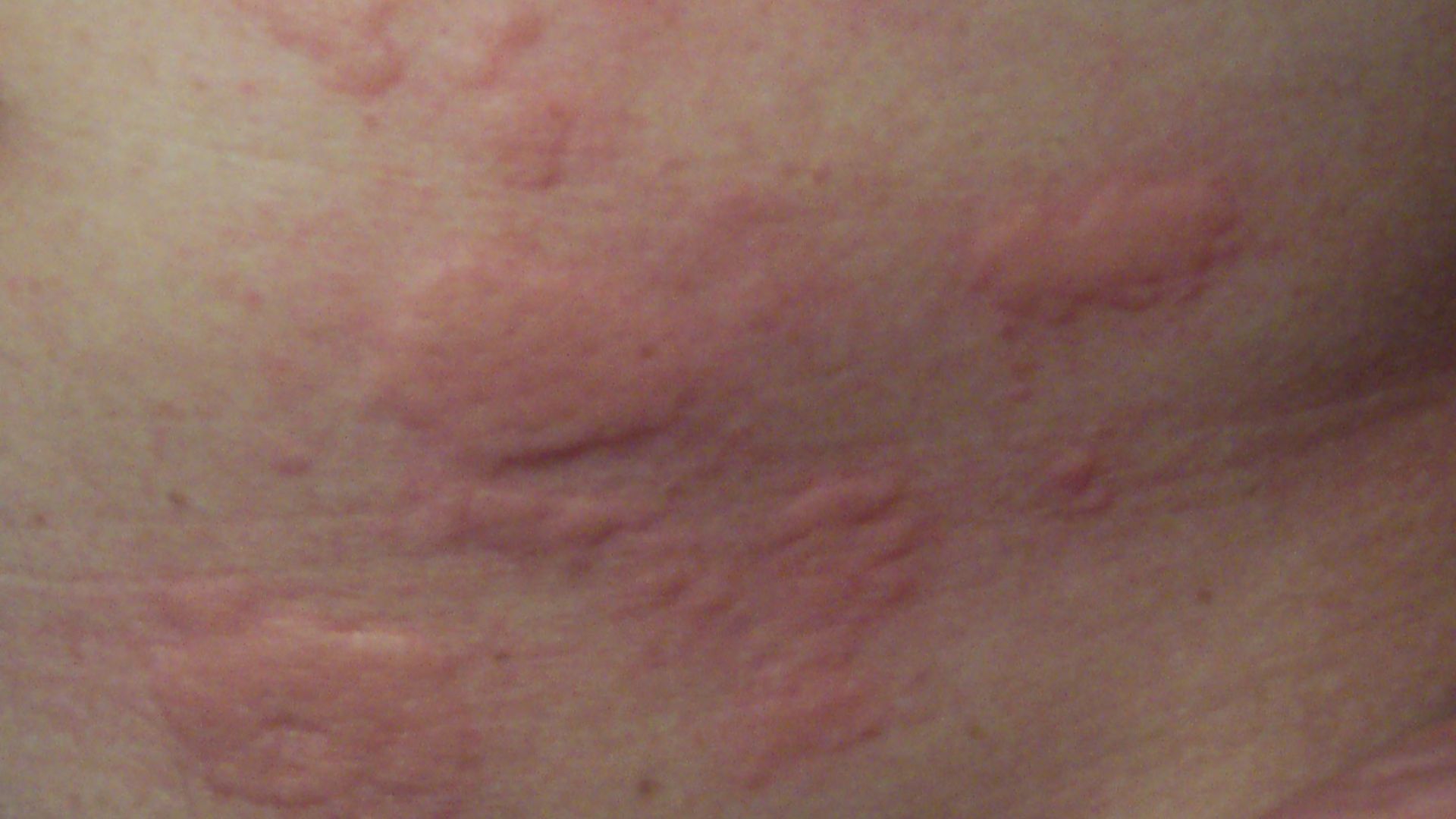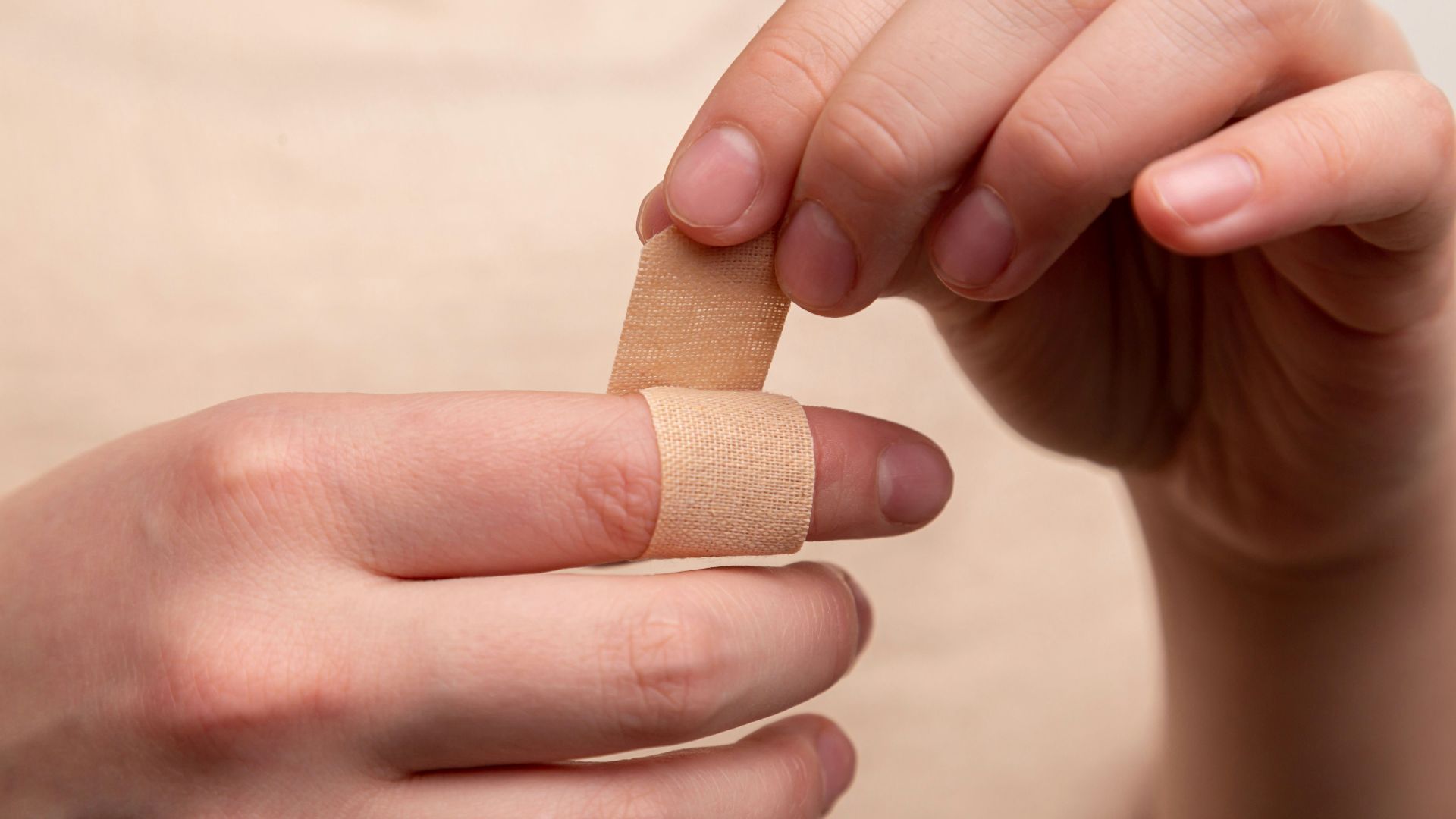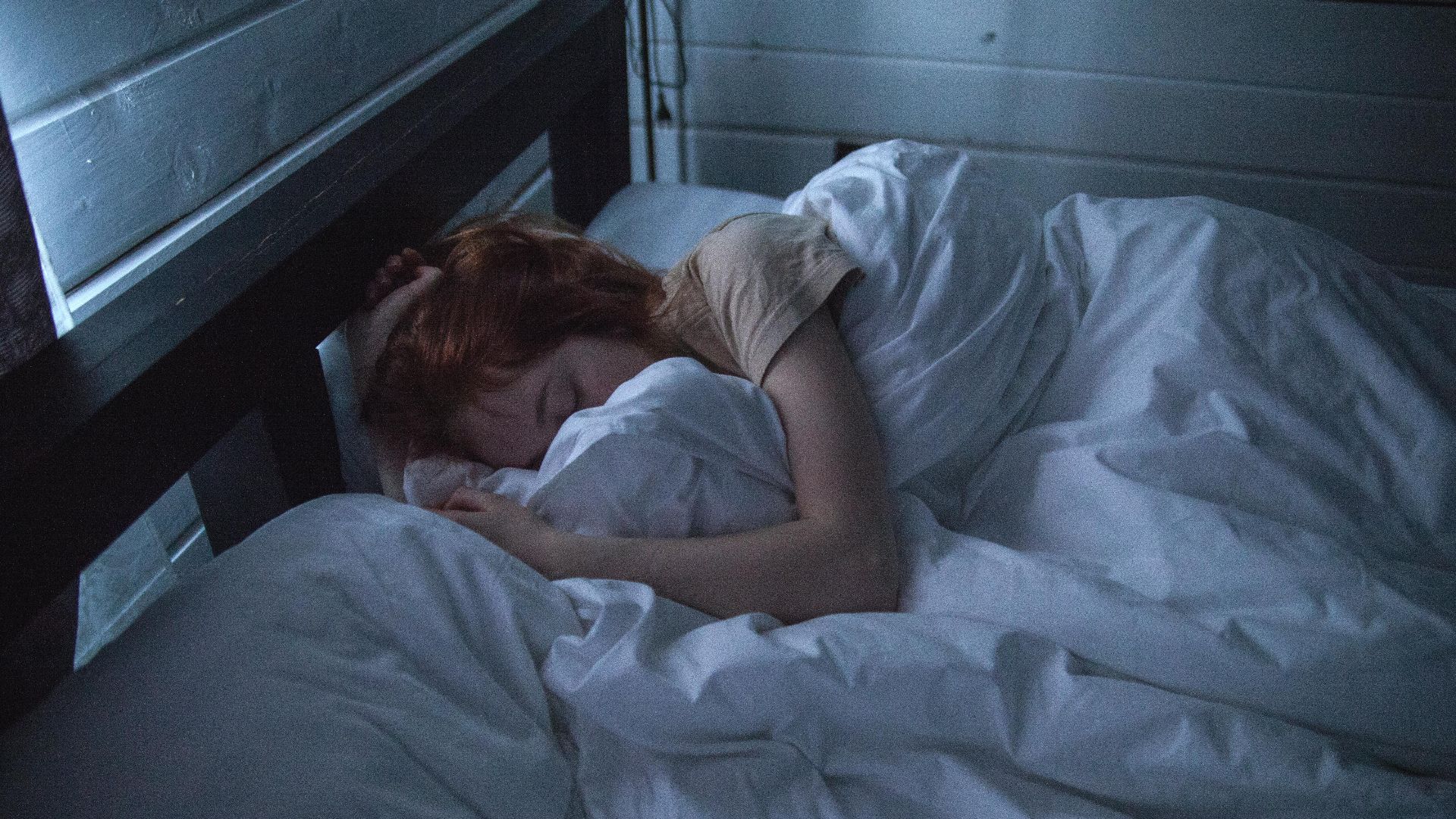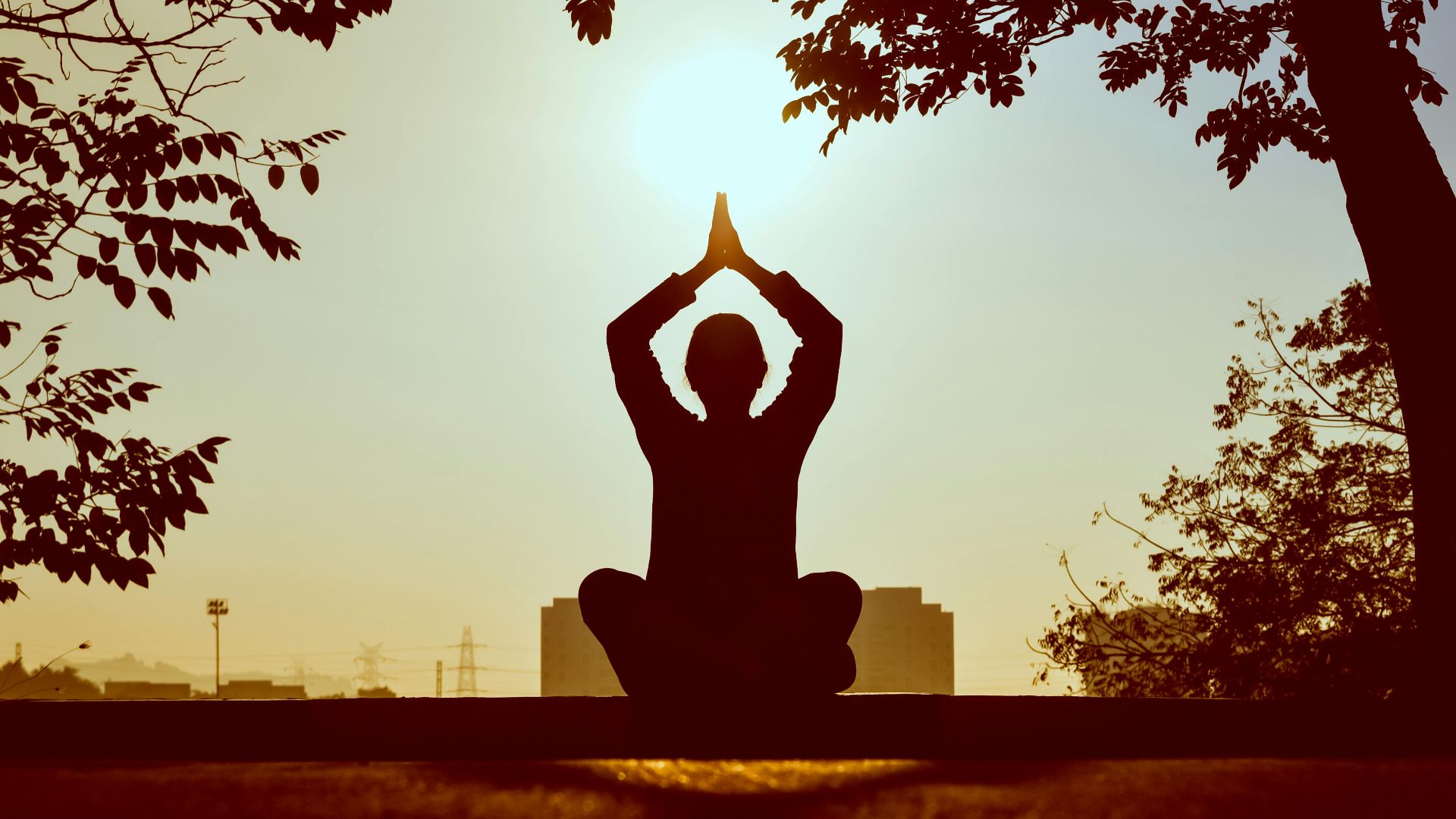How Stress Wreaks Havoc on Your Skin
Stress doesn't just sour your mood—it can wreak havoc on your skin, too. From acne and dark circles to hives and eczema, tension can show up in more ways than you might expect. But don't worry: most of these issues are manageable, and a few simple changes to your routine can help you get back on track. Wondering if stress is affecting you more than you'd like? Here are 10 ways it might break out on your skin and 10 ways to combat it and restore your glow.
1. Eczema
Eczema is a chronic skin condition that shows up as dry, red, flaky patches, which are often itchy and inflamed; flare-ups happen when you're stressed out because high cortisol levels can compromise the skin barrier. On top of that, certain skincare and makeup products may only exacerbate the problem, leading to a seemingly endless loop.
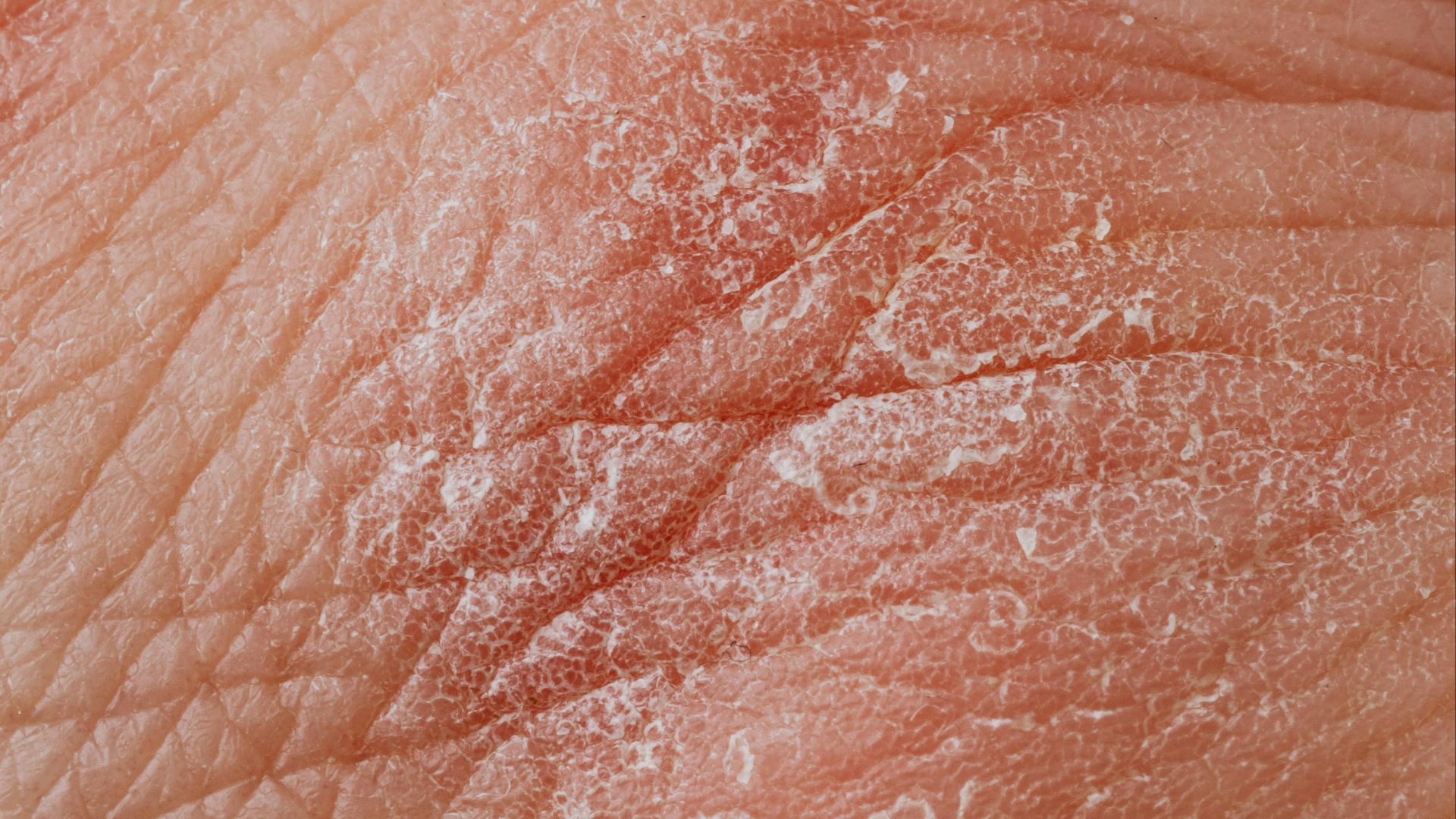 Photo By: Kaboompics.com on Pexels
Photo By: Kaboompics.com on Pexels
2. Psoriasis
Psoriasis is an autoimmune disorder that makes your skin cells multiply 10 times faster than normal, causing a rapid build-up of bumpy, scaly patches on the scalp, elbows, neck, knees, face, and other parts of your body. Studies have shown that stress is a common trigger for people who have psoriasis, and that stress can make their flare-ups even itchier.
3. Acne
Higher levels of cortisol can also lead to excessive oil production: experts say that when you're stressed, your hypothalamus produces a hormone called corticotropin-releasing hormone, which may trigger the glands around your hair follicles to release more sebum. This can lead to clogged pores, which can turn into acne.
4. Dark Circles
Stress can cause you to lose sleep, and when you're not getting enough shut-eye each night, you can end up with dark circles underneath your eyes. Not only that, but you may also experience swelling and puffiness; research has shown that high cortisol levels and stress caused by sleep deprivation can break down collagen and elastin, which can increase the signs of aging and make these dark bags under your eyes more apparent.
5. Gray Hair & Hair Loss
You might have heard that stress can make your hair go gray, but why—and how—does that happen? As it turns out, scientists have recently found that chronic stress can deplete the stem cells that produce melanocytes, the cells responsible for hair color. When this happens, new hair grows in gray. Stress can also disrupt your hair's natural growth cycle, which can lead to thinning or hair loss.
6. Dry Skin
When you're stressed, high cortisol levels can throw off your body's ability to retain moisture, which can lead to dry, flaky skin. Plus, if you're skipping your skincare routine during these periods or you're not keeping well-hydrated, that will only exacerbate the problem and make your skin feel even tighter.
7. Fine Lines & Wrinkles
Chronic stress can also show up in the form of fine lines and wrinkles, which can be made more prominent if you're already dehydrated. On top of that, high cortisol levels can cause changes to the proteins in your skin, leading to a loss in elasticity. Add in stress-related habits, like frowning or repeated furrowing of your brow, and these age lines can become even more noticeable.
8. Hives
Ever notice red, itchy welts popping up when you’re under pressure? Stress can trigger hives, a skin reaction caused by the release of histamine in your body. These raised bumps or patches often appear suddenly, and they can be incredibly uncomfortable. Hives flare up more easily when you’re stressed—and unhealthy habits, like skin-picking, only make it worse—so managing tension can help keep these annoying skin reactions in check.
9. Dull, Uneven Skin Tone
Stress doesn't just cause dark, puffy eye bags; when your system is flooded with cortisol, it can affect your complexion as well, leading to a dull, uneven skin tone. The more chronic your stress, the more pronounced the dullness, so it's important to keep tension and anxiety under control to help your glow stay radiant.
10. Slower Wound Healing
Stress doesn’t just make your skin look worse—it can actually slow down wound healing. Cortisol suppresses the immune system, which means cuts, scrapes, or other minor injuries take longer to heal. That’s why you might notice small blemishes and scratches lingering longer than they normally would when you're stressed out.
Now that you know how stress shows up on your skin, how can you combat it? We've got you covered—read on.
1. Don't Neglect Skincare
When stress starts showing on your skin, the one thing you shouldn't do is neglect your skincare routine and let your high cortisol levels wreak havoc on your face. Stick to a consistent morning and nighttime routine, and make sure to pamper your skin with calming products and ingredients.
2. Get Enough Sleep
Stress might be keeping you up at night, but don't let it get the best of you. Make sure to get plenty of sunlight in the morning, practice good sleep hygiene (no screens at least an hour before bed), and get six to eight hours of rest each night.
3. Get More Exercise
Exercising is a great way to de-stress naturally, and that's because when you work out, your brain releases feel-good chemicals—endorphins—that boost your mood. In turn, it reduces your body's stress hormones, like adrenaline and cortisol, which makes you feel calmer.
4. Practice Stress Management Techniques
Whether it's meditation or a breathing technique (such as box breathing), try different stress management methods to lower your cortisol levels naturally. It may help to set aside some time each morning to do something calming, so you're ready to tackle the day ahead without feeling anxious and on edge.
5. Stay Hydrated
It's also important to stay hydrated. Make sure you're drinking at least eight cups of water each day, and more if possible. If you don't get enough fluids in, it can accelerate the damage that stress puts on your skin.
6. Eat Balanced, Nutritious Meals
Along with drinking enough water each day, you'll also want to make sure you're eating healthy, balanced meals every day. You might be tempted to reach for junk food and sweets when you're stressed, but these foods will only cause further inflammation, so make it a point to choose nutritious snacks and treats.
7. Take a Break
If you're feeling burnt out, take a break. Don't push yourself beyond your limits. Ask for some time off work if you need to, or schedule regular blocks each day to do something that makes you happy and relaxed. Remember to reward yourself for your hard work—you deserve it.
8. Cut Back on Caffeine & Alcohol
If you're having trouble sleeping at night, you'll want to cut back on your caffeine and alcohol intake. You might think that a cup of Joe and a glass of wine keep you going or help you unwind, but they'll only make stress show up more visibly on your skin. Caffeine, for one, can dehydrate you, and alcohol can trigger redness and inflammation.
9. Reach Out for Support
If your workload and responsibilities are starting to affect not just your physical health but also your mental well-being, it might be time to reach out for support. Talk to a trusted friend or family member, or consider speaking with a therapist who can help you manage stress and suggest strategies to get back on track.
10. Take Care of Yourself
Don't forget to prioritize self-care. It's important to not only take frequent breaks, but to also make time to do activities you enjoy. Whether it's journaling, reading, or indulging in a warm, relaxing bath, remember to treat yourself like royalty and don't let stress take over your life.


